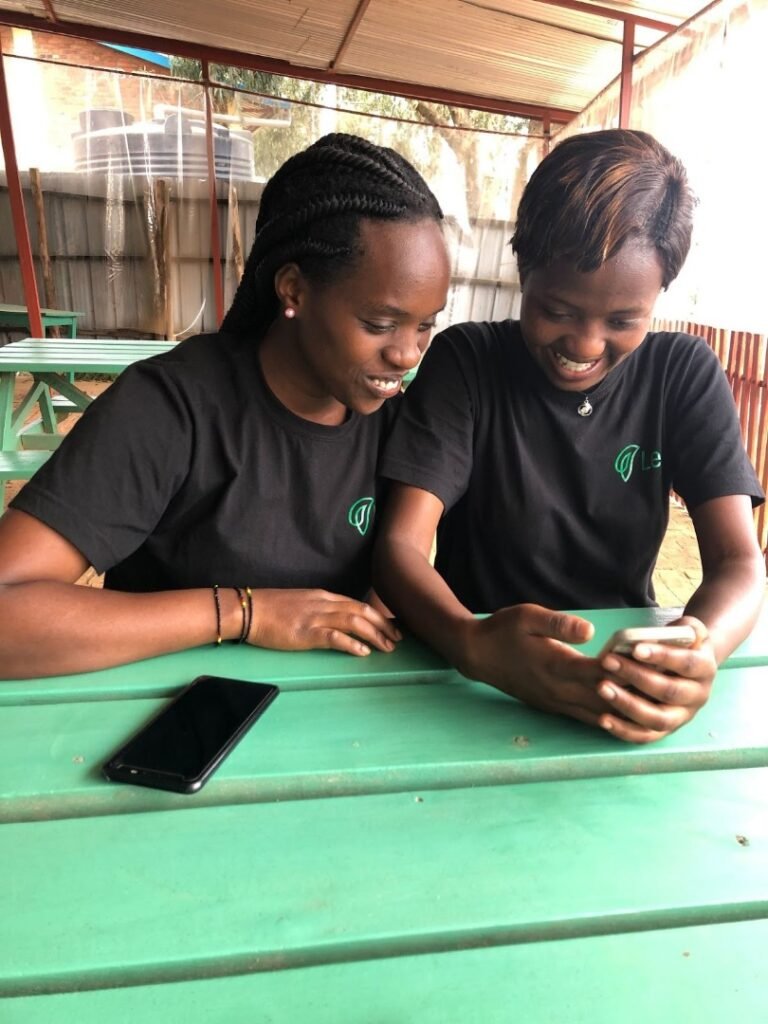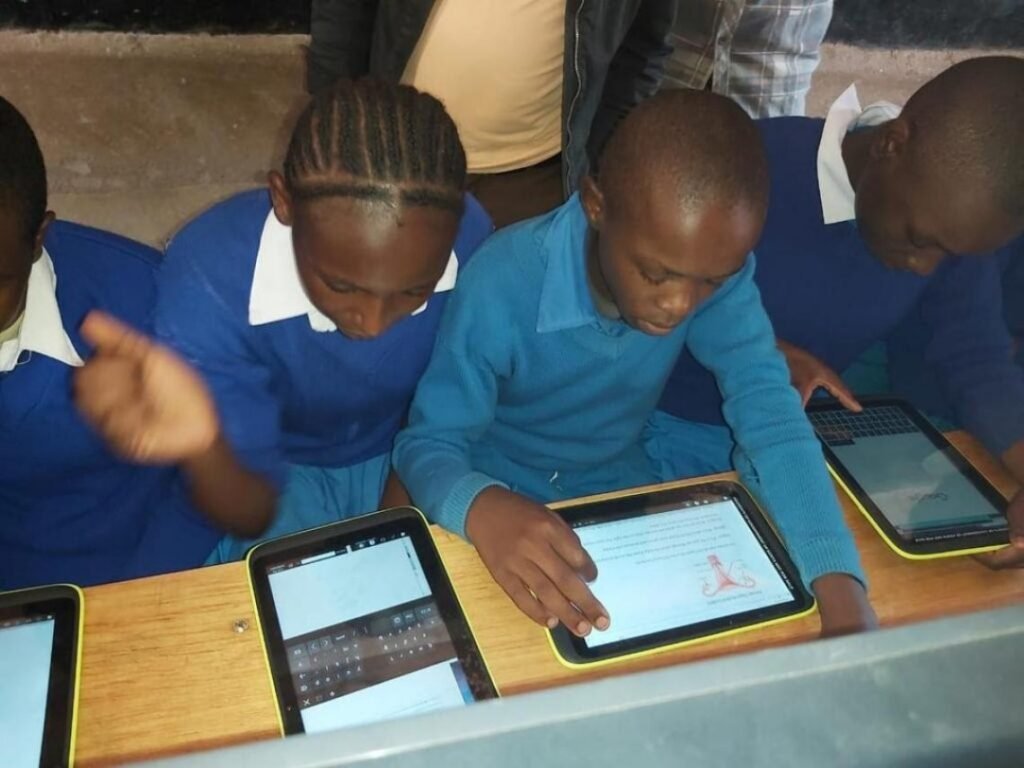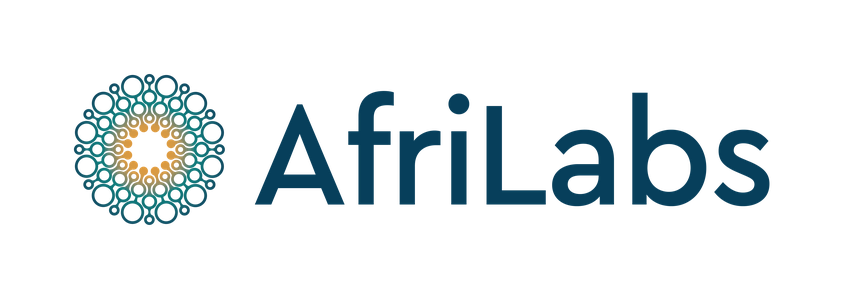AfriLabs and UNICEF Office of Innovation Team Up for Digital Public Goods Webinar Series

To unlock the potential of Digital Public Goods (DPGs) in Africa, AfriLabs and the UNICEF Office of Innovation are teaming up for a DPGs Webinar Series.
This initiative aims to equip stakeholders with the knowledge and insights needed to unlock the immense potential of DPGs in shaping a brighter future for Africa. The webinar series promises to be a valuable platform for exploring the current DPG landscape, identifying key challenges and opportunities, and ultimately fostering a collaborative environment for driving positive change across the continent.
With the big shift happening in the African tech ecosystem, startups are becoming more aware of what solutions they create or need to create and how they translate into meaningful impact. This pushes traditional profit seeking startup accelerators to rethink their focus areas so to include the criteria of startups they support, thematic programmes they want to run, and impact ROI in their investment thesis. Incubators and accelerator programmes focus on success indicators such as sustainability of startups post-programme, follow-on investments received, and of course, the potential scale of the startups that have graduated from their programmes.
This is where open innovation plays a role. Combining the scale of implementation opportunities and impact with user growth, more entrepreneurs are embracing open source in their business, a mandatory indicator for what makes DPGs.
What are digital public goods?
“Digital public goods are open-source software, open data, open AI models, open standards and open content that adhere to privacy and other applicable laws and best practices. DPGs do no harm by design and help attain the Sustainable Development Goals (SDGs). This definition is drawn from the UN-Secretary General’s Roadmap for Digital Cooperation.” – Digital Public Goods Alliance
Becoming recognized as a Digital Public Good (DPG) opens doors for startups to grow faster. They can:
- Connect with global networks: This allows them to reach a wider audience and collaborate with other organizations.
- Work with governments and major organizations: They can partner with governments, UN agencies, and development partners to deploy their solutions on a larger scale.
Addressing the Open-Source Revenue Question:
You might wonder how startups can make money if their solutions are open-source. The UNICEF Venture Fund is a great example of how this can work. They, and other organizations like UNICEF StartupLab, support startups in developing DPGs.

Here’s some evidence of success:
- The UNICEF Venture Fund has invested $7.09 million in 81 startups across 37 countries. They provided seed and growth funding to help these startups get started and grow.
- 68% of these companies were able to secure additional funding from other investors, which is better than average for startups at this stage.
- The value of the initial investments in these companies has increased 2.6 times on average.
- 7 companies have been acquired by other companies or have successfully exited the startup stage.
Startup accelerators and other organizations supporting early stage innovations are powerful entities that provide critical support to startups in their development. If they can create an enabling environment in building DPGs, the by-product of these efforts can ultimately lead to making these digital solutions more discoverable and accelerate the attainment of the SDGs and impact at scale.
We invite you to delve deeper into the world of DPGs and discover their importance for Africa’s future. Register for our first webinar here to learn more.
